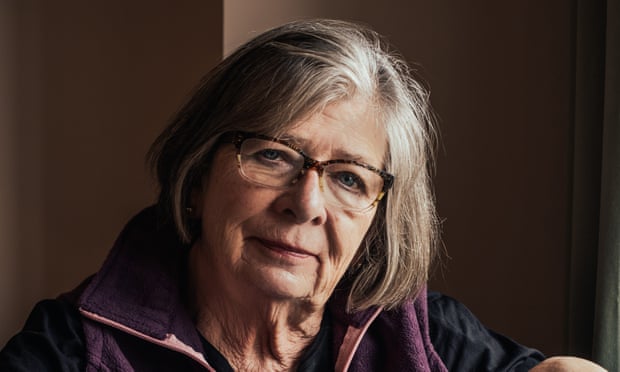The Guardian
Barbara Ehrenreich, author who resisted injustice, dies aged 81
Ed Pilkington – September 2, 2022

Writer of the 2001 bestseller Nickel and Dimed died on 1 September, her son announced
Barbara Ehrenreich, the author of more than 20 books on social justice themes ranging from women’s rights to inequality and the inequities of the American healthcare system, has died at the age of 81.
The news that Ehrenreich had died on 1 September was released by her son, Ben Ehrenreich, on Friday. He accompanied the announcement with a comment redolent of his mother’s spirit: “She was never much for thoughts and prayers, but you can honor her memory by loving one another, and by fighting like hell.”
Ehrenreich battled over a half a century as a writer committed to resisting injustice and giving a voice to those who were typically unheard.
Her first book, published in 1969, Long March, Short Song, was an account of the student uprising against the Vietnam war.
In Nickel and Dimed: On (Not) Getting By in America, her 2001 bestseller, she wrote an immersive experience of living as a low-waged worker in Key West, Florida.
The book helped spread awareness of an economy in which it was necessary to work two or three jobs to survive, and acted as a catalyst of the minimum wage movement.
Later, she used her name and energy to try to give low-income and other disadvantaged groups a direct voice to tell their own stories.
She founded the Economic Hardship Reporting Project which supports independent journalists to write about their lives including in poor rural areas of the US.
Ehrenreich, who acquired a doctorate in cell biology before she turned to social activism and writing, was diagnosed in 2000 with breast cancer. She wrote an award-winning essay Welcome to Cancerland about the experience.
She brought her trademark clear-eyed reporting to the subject of her own mortality. In 2018 she published Natural Causes: An Epidemic of Wellness, the Certainty of Dying, and Killing Ourselves to Live Longer, in which she described coming to the realization that she had lived long enough to die.
“That thought had been forming in my mind for some time,” she told the Guardian at the time. “I really have no hard evidence about when exactly one gets old enough to die, but I notice in obituaries if the person is over 70 there’s not a big mystery, there’s no investigation called for. It’s usually not called tragic because we do die at some age. I found that rather refreshing.”
Announcing his mother’s death on Twitter, Ben Ehrenreich echoed that point. “She was, she made clear, ready to go,” he said.
